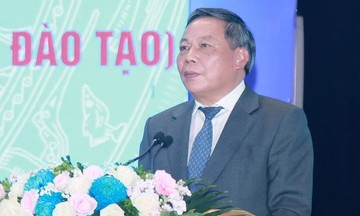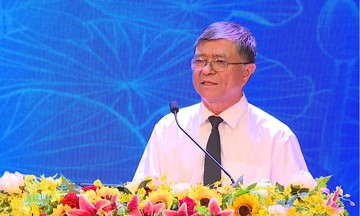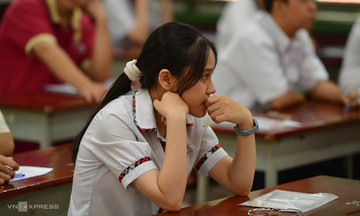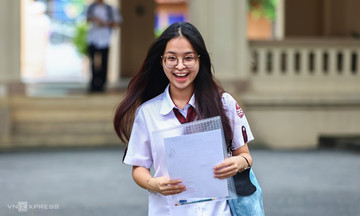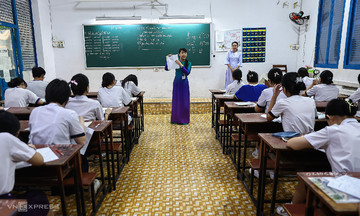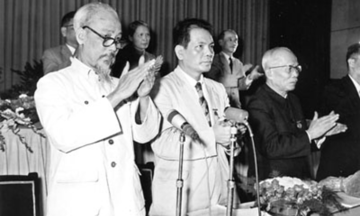According to Dr. Hoang Viet Ha, director of Finland Metropolia Vietnam, young people today need a practical learning model that provides access to new technologies, develops global thinking, and prepares them early for their careers.
"Education needs to be a living link in the innovation ecosystem - where knowledge is transformed into capacity and market value," he emphasized.
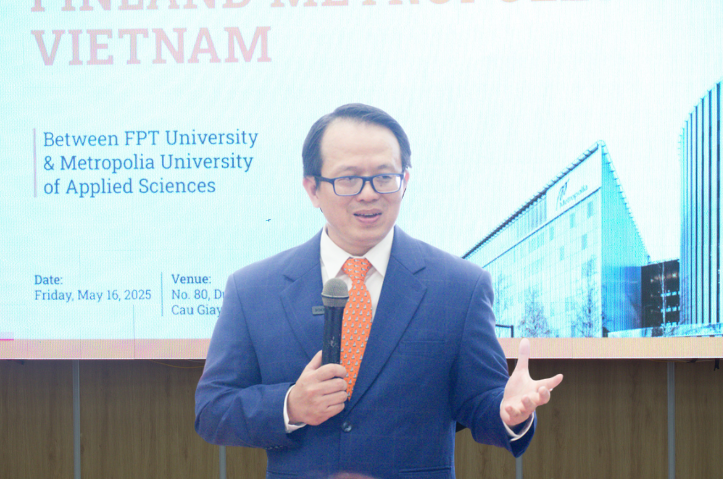 |
Dr. Hoang Viet Ha, Director of Finland Metropolia Vietnam. Photo: Finland Metropolia Vietnam |
Dr. Hoang Viet Ha, Director of Finland Metropolia Vietnam. Photo: Finland Metropolia Vietnam
Metropolia University of Applied Sciences (Finland) and FPT University, a member of FPT Corporation, have launched Finland Metropolia Vietnam, an international undergraduate training program. This program bridges the gap between the world's leading applied university model and Vietnamese students, focusing on smart information technology training. Graduates receive an internationally recognized Bachelor of Engineering degree from Metropolia University.
The program is implemented entirely in Vietnam, taught in English, applying innovative and practical training methods, and focusing on trending technology fields. Students have internship and job opportunities at businesses within the FPT ecosystem, international technology partners, and even at Metropolia University of Applied Sciences in Finland.
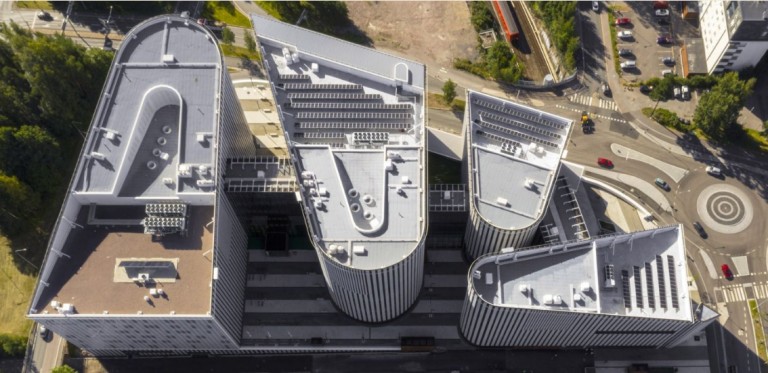 |
Metropolia University of Applied Sciences campus. Photo: Metropolia University of Applied Sciences |
Metropolia University of Applied Sciences campus. Photo: Metropolia University of Applied Sciences
The learning method at Metropolia Vietnam is based on project-based learning, with guidance from business mentors. Students cultivate international work skills while still in school, developing self-study abilities, teamwork, and professional communication in a global environment.
In addition, the Global Citizen Education program, exclusively for Metropolia Vietnam students, is designed to enhance English proficiency and equip students with essential 21st-century skills, such as critical thinking, creativity, debate, teamwork, and problem-solving.
To expand access for students, the program offers a scholarship fund of up to 30 billion VND for those enrolling in two majors: software engineering and Internet of Things (IoT). Students with strong academic records and career aspirations in technology have the opportunity to receive scholarships of up to 100% of tuition fees.
Finland Metropolia Vietnam also offers a flexible learning path. Students can choose to study entirely in Vietnam or transfer to Finland. This opens up broad international study opportunities, allowing Vietnamese students to access a top 10 global education system without initially leaving the country.
Finnish education focuses on a student-centered model, encouraging independent and creative thinking rather than emphasizing grades or exams. Students can freely develop ideas, work on projects, and participate in solving real-world business problems, thereby developing collaboration, communication, and adaptability skills in a changing environment. This model also promotes lifelong learning, closely connecting education with the workforce needs of modern society.
Finland Metropolia Vietnam embraces and aims to promote this philosophy to train confident, creative, proactive citizens capable of lifelong learning. As AI can become a "personal assistant" supporting students anytime, anywhere, the role of schools needs to be redefined, a program representative shared. "Schools are no longer just places for knowledge transfer but must become environments that inspire, develop individual capabilities, and adaptability skills".
Ms. Maija Seppala, Charge d'affaires and Counselor at the Embassy of Finland in Vietnam, also noted that Finland's university of applied sciences model closely links training with practical career experience, helping students adapt quickly and increasing job opportunities after graduation.
In this model, lecturers act as guides, while students are the subjects of the learning process. Classrooms are not merely places to receive knowledge but are spaces for project implementation, interaction, and practical experience. Each class becomes a "laboratory" nurturing growth in both expertise and individual thinking.
Nhat Le



